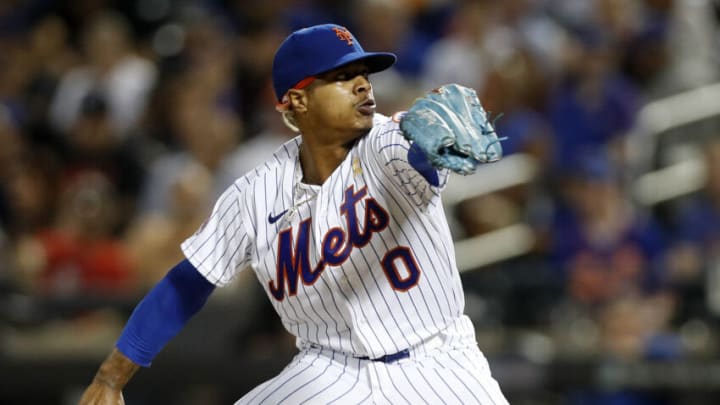If you were to write a handbook of winning pitching approaches in the 21st century, it’s pretty clear what the first sentence would be: keep the ball in the yard. (There – it’s yours – I won’t charge a dime in royalties.) Last season, nine of the ten playoff teams were in among the lowest ten in homers allowed per nine innings (only the Yankees missed – they were ranked 14th).
This is a greater correlation than for the other two true outcomes: only six of the top 10 teams in pitcher K percentage made the postseason; for walk percentage it was just four. If the Chicago Cubs are going to make progress back toward playoff contention, their pitchers will have to do a better job of keeping the ball ivyside. They were 27th last year in HR/9, which is on the “sub” end of suboptimal.
There are a couple of obvious ways to contain those wayward baseballs: strike hitters out or make them hit it on the ground. Along with homers, strikeouts have taken over the game in recent years. The last season in which there were fewer strikeouts than hits was 2017; the last time there were fewer homers than games was 2014. Efforts are underway to change this dynamic, but for now this is the game we have, and the game that general managers must manage.
Strikeouts cost more than groundouts, presumably because they have a higher payoff. A ball in the catcher’s mitt can do very little damage to the team on the field, while a ball on the ground has the potential, under certain game situations, to inflict disaster. Just ask Alex Gonzalez.
But at some point the gap in price between Ks and groundouts becomes too large to justify the higher strikeout price; in short, paying for groundouts instead becomes economically rational. I don’t have these commodity prices easily at hand, but presumably the Cubs and most other MLB franchises do, at least in in some form. Whether because of economic rationality, desperation, or some other reason, the Jed Hoyer Cubs have gone all in on the ground game.
Chicago Cubs have assembled a groundball heavy staff heading into 2022
The Cubs currently have two of last season’s top ten groundball percentage pitchers: Marcus Stroman (50.8 percent – ranked eighth) and Wade Miley (49.4 percent – ranked tenth). Go down to number 20 and you find Chicago’s own Kyle Hendricks (43.1 percent). Had Alec Mills (51.3) and Adbert Alzolay (45.3) qualified, they would have been in the top 20 as well. So too Justin Steele (50.3), whose rotation hopes just got a rather unfortunate boost.
The Cubs used 21 pitchers last year who threw 30 or more innings. Just six them had below average groundball percentages (with the average being 42.7 percent), and only two of those (Keegan Thompson and Rowan Wick) have returned this season. This season Wrigley Field’s nematodes will quiver in fear.
The Cubs recent acquisition of defensive wizard Andrelton Simmons fits in well with the groundout-based approach. With Simmons at short, the Cubs can leave Nico Hoerner at second, where his glove plays well above average by almost any defensive metric. Patrick Wisdom was excellent at third; as long as strikeouts don’t eat his bat, he should have a good run there. This has the prospect of being an excellent defensive infield, and given the staff in front of them, they will be put to work.
Caveats abound: a high groundball rate does not by itself ensure success. The Cubs were third in that category last year, and the Rockies – sitting atop a 14er of trouble – were fourth. But pursuing groundouts as a means to an end – reducing enemy homers – makes sense, and the Hoyer Cubs are pursuing a coherent plan that has some reasonable chance of success. Ok, that’s hardly St. Crispin’s Day stuff, but at least it’s cause for modest optimism.

Want your voice heard? Join the Cubbies Crib team!
Oh, and the only guy with a better defensive runs saved total last season at short than Andrelton Simmons? Yeah. This guy.
